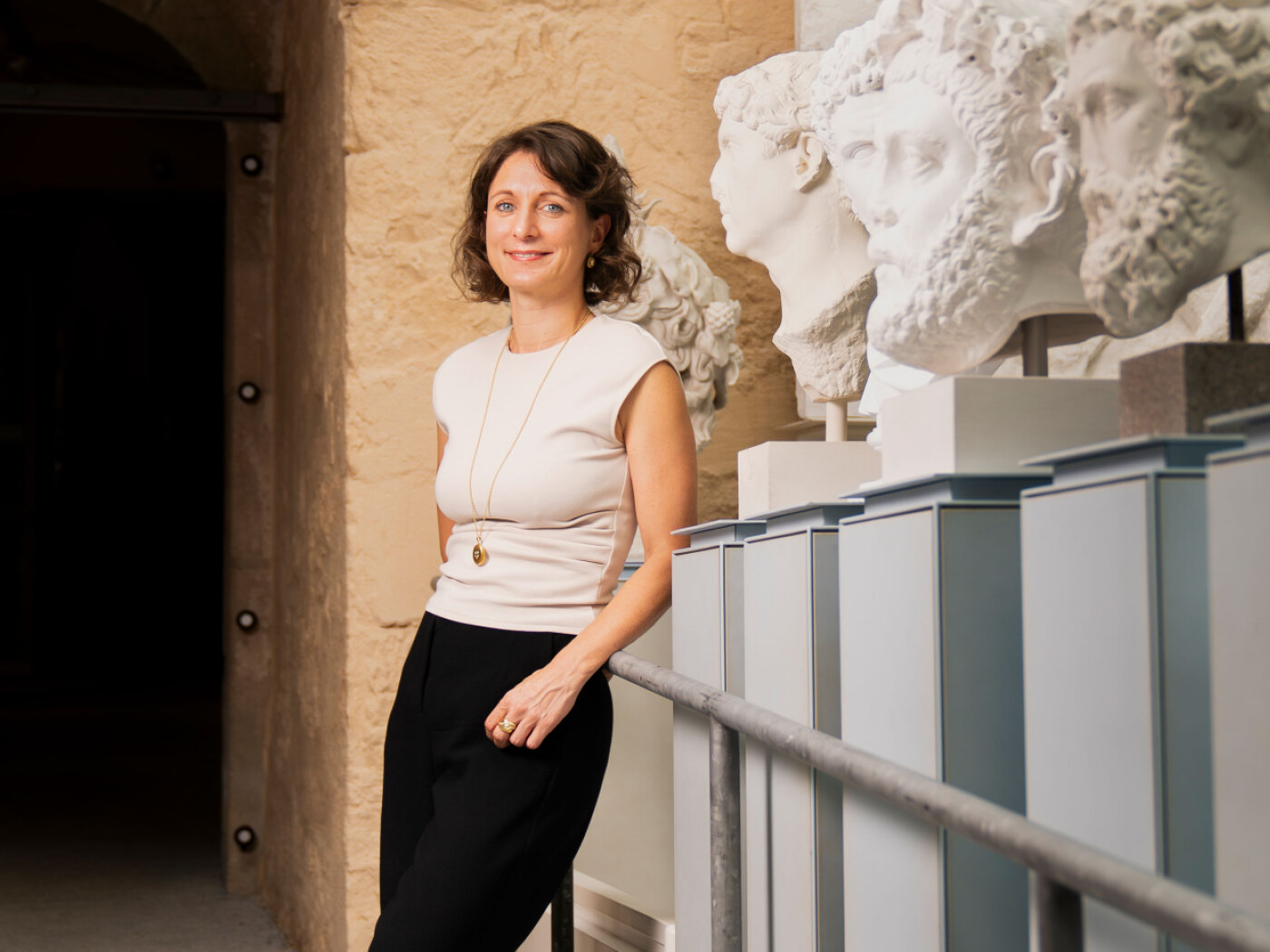
Swiss grave looting expert wins Marie Heim-Vögtlin Prize

The Swiss National Science Foundation (SNSF) has awarded the Marie Heim-Vögtlin Prize to archaeologist Cristina Murer. She receives the prize for her research on grave looting in late antiquity.
+Get the most important news from Switzerland in your inbox
Murer showed that looting and destruction were an important part of recycling processes in cities, the SNSF announced on Tuesday. During late antiquity, resources had to be conserved.
Contrary to previous assumptions, tombs were not destroyed by Christians as part of anti-pagan measures. Through creative reuse, the decoration of the ancient tombs has been preserved over time.
+ Facing up to Switzerland’s Roman past
Murer also attached great importance to evaluating the findings in an interdisciplinary manner and placing them in their historical context. Much of the information on grave robbery in late antiquity was taken from legal texts and literary sources, she explained. This was supplemented by archival work in Italian excavation diaries from the early 20th century.
The Marie Heim-Vögtlin Prize honours outstanding young female researchers who are intended to inspire other young female scientists. The prize’s namesake, Marie Heim-Vögtlin, was the first Swiss woman to be admitted to the Faculty of Medicine at the University of Zurich in 1868. She was one of the pioneers in the fight for women’s access to academic education.
+ The women changing science in Switzerland
The award ceremony will take place on November 12 in Bern.
Translated from German by DeepL/ts
This news story has been written and carefully fact-checked by an external editorial team. At SWI swissinfo.ch we select the most relevant news for an international audience and use automatic translation tools such as DeepL to translate it into English. Providing you with automatically translated news gives us the time to write more in-depth articles.
If you want to know more about how we work, have a look here, if you want to learn more about how we use technology, click here, and if you have feedback on this news story please write to english@swissinfo.ch.

In compliance with the JTI standards
More: SWI swissinfo.ch certified by the Journalism Trust Initiative


























You can find an overview of ongoing debates with our journalists here . Please join us!
If you want to start a conversation about a topic raised in this article or want to report factual errors, email us at english@swissinfo.ch.